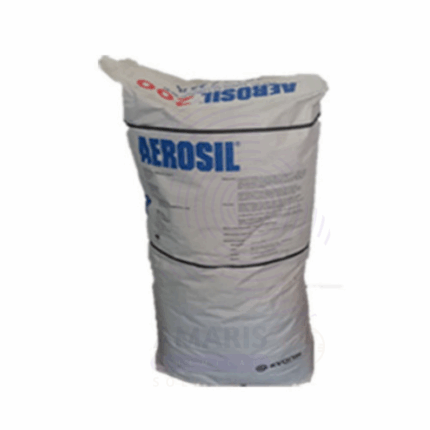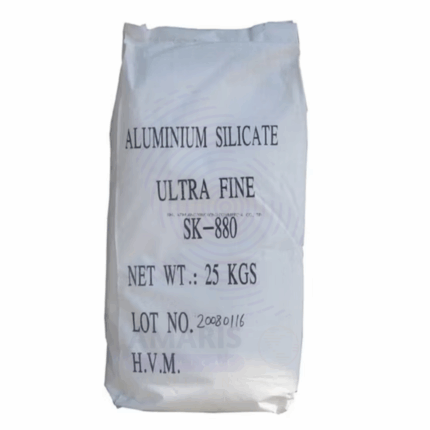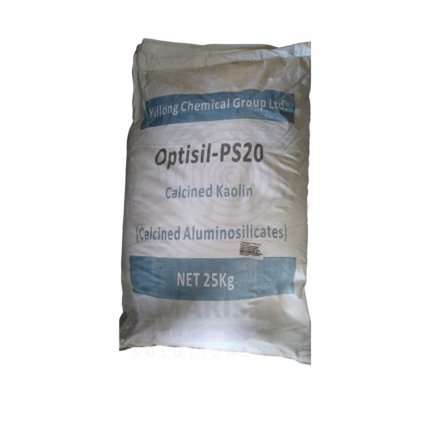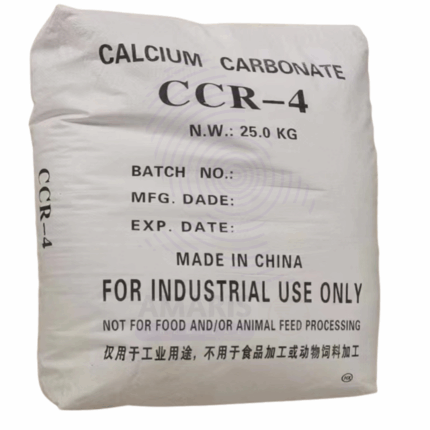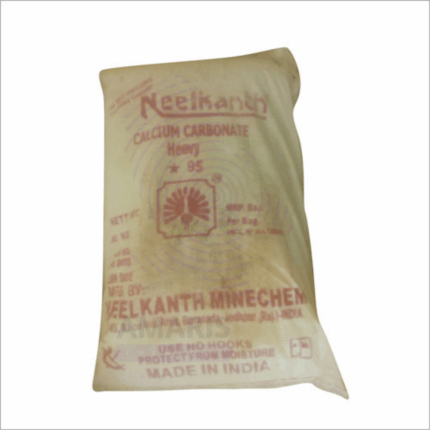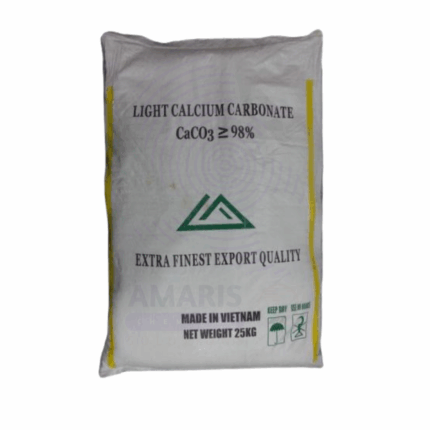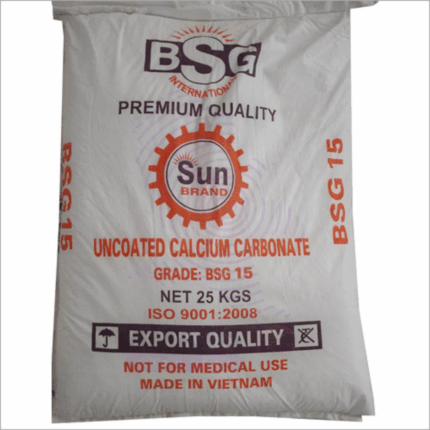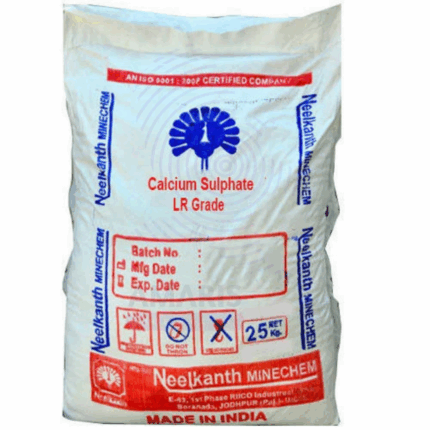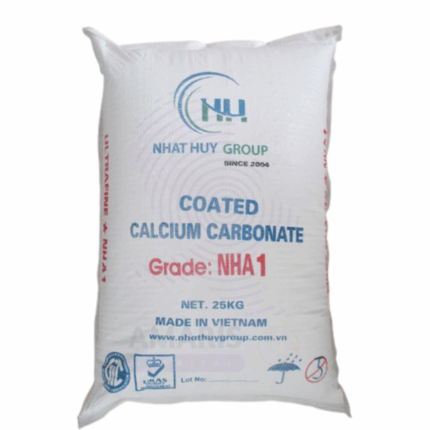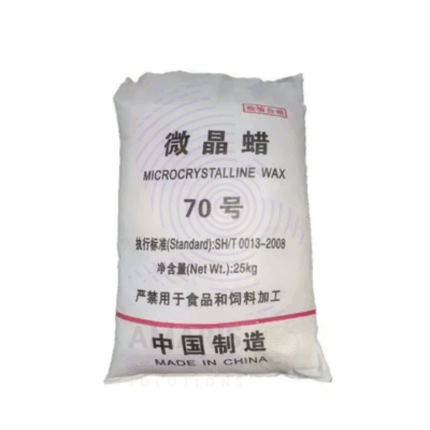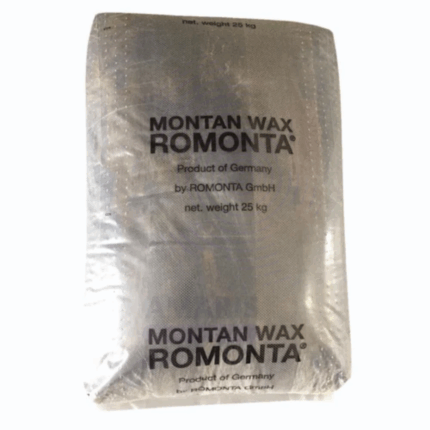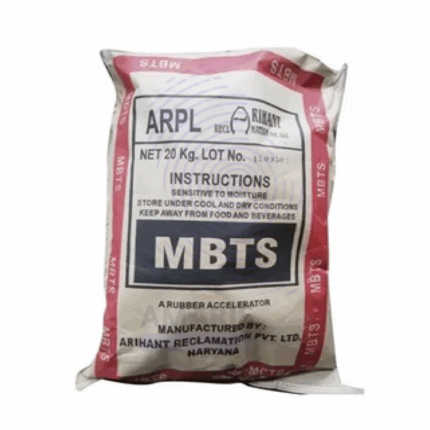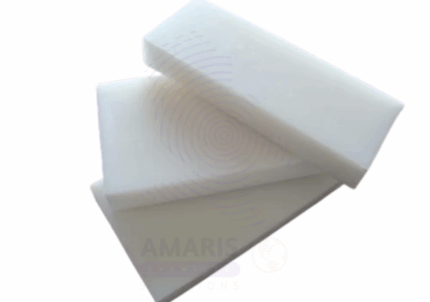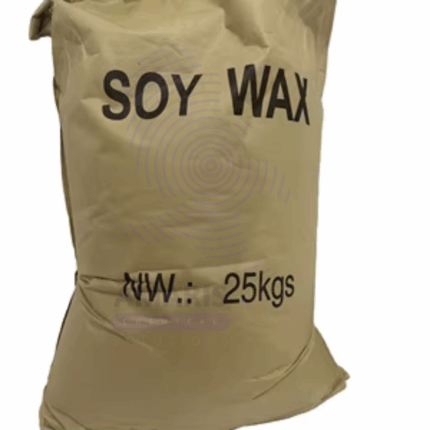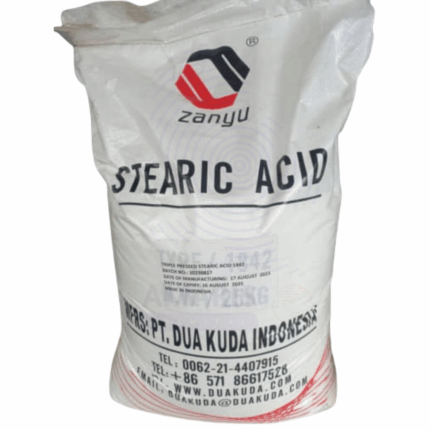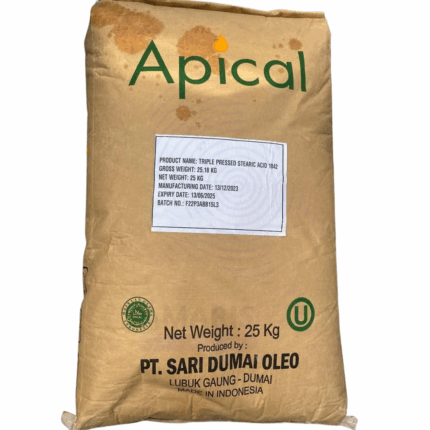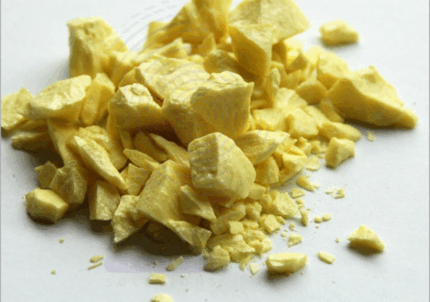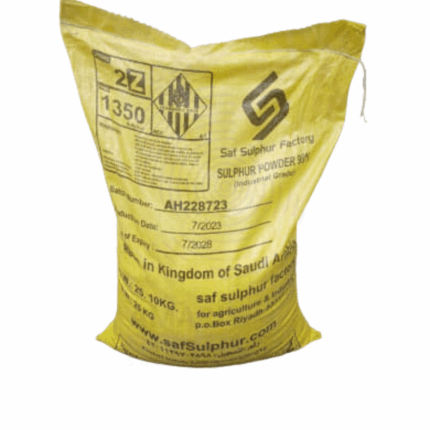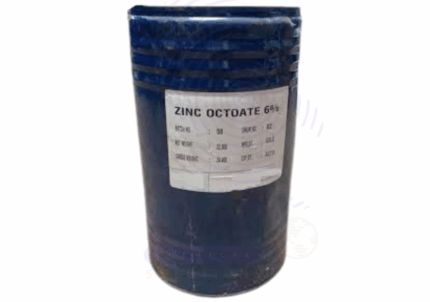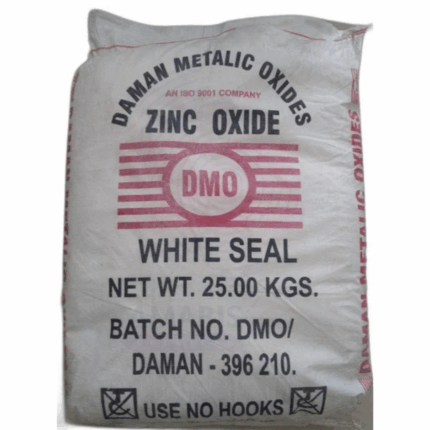
Aerosil 200
Aluminium Silicate
Aluminium silicate is an inorganic compound composed of aluminum, silicon, and oxygen, often found naturally as a major component of clay minerals such as kaolinite, halloysite, and other aluminosilicates. It is a white to off-white powder with excellent thermal stability, chemical inertness, and physical durability. Due to its wide range of physicochemical properties—including high melting point, non-toxicity, and adsorptive capabilities—aluminium silicate is extensively used across diverse industries including ceramics, paints, paper, rubber, plastics, cosmetics, and pharmaceuticals. Its unique structure imparts benefits such as heat resistance, improved mechanical strength, and anti-caking properties, making it a vital raw material in both industrial and consumer products.
Calcined Kaolin
Calcined Kaolin is a fine, white to off-white powder produced by heating natural kaolin clay to high temperatures (typically between 600°C and 900°C) in a controlled process called calcination. This thermal treatment removes chemically bound water, changes the crystalline structure, and enhances the physical and chemical properties of kaolin. The resulting product exhibits increased brightness, hardness, and opacity, making it highly valuable as a functional additive and filler in numerous industrial applications. Calcined Kaolin is widely used in coatings, ceramics, plastics, rubber, paper, and paint industries to improve durability, brightness, and performance.
Calcium Carbonate Filler
Calcium Carbonate Filler is a high-quality, uncoated ground calcium carbonate (GCC) specially engineered for use as a filler in polyethylene (PE) and other polyolefin resins. This grade of calcium carbonate is designed to enhance the physical and mechanical properties of plastics while providing cost-effective bulk and improved processing. It is a fine, white, odorless powder with excellent brightness, high purity, and uniform particle size distribution. Its use improves stiffness, impact resistance, dimensional stability, and surface finish in polyethylene applications such as films, sheets, pipes, and molded parts.
Calcium Carbonate Heavy
Calcium Carbonate Heavy is a high-density, finely ground, natural mineral primarily composed of calcium carbonate (CaCO₃). Known for its higher bulk density compared to regular grades, this filler is widely used in applications requiring enhanced weight, opacity, and strength. It is commonly employed as a functional filler and extender in industries such as plastics, paints, coatings, adhesives, rubber, paper, and construction materials. Its inert nature, whiteness, and particle size distribution make it suitable for improving mechanical properties and surface finish, while also offering cost efficiency by replacing more expensive raw materials.
Calcium Carbonate Light
Calcium Carbonate Light is a finely ground, low bulk density natural mineral composed primarily of calcium carbonate (CaCO₃). Compared to standard grades, it has a lower density and larger particle size distribution, making it suitable for applications where light weight and high brightness are important. This form is extensively used as a filler and extender in industries such as plastics, paints, rubber, paper, adhesives, and construction materials to improve opacity, brightness, and texture, while maintaining low weight and cost efficiency. Its chemical inertness and whiteness provide functional and aesthetic advantages across formulations.
Calcium Carbonate Uncoated
Calcium Carbonate Uncoated is a naturally occurring mineral compound composed primarily of calcium, carbon, and oxygen with the chemical formula CaCO₃. It appears as a fine white powder or granules, widely used as a filler, pigment, and functional additive across various industries. The uncoated form means the calcium carbonate particles are not surface-treated, retaining their natural properties. It is valued for its high brightness, whiteness, and excellent compressibility. Uncoated calcium carbonate is used to enhance opacity, improve processing, and reduce costs in plastics, paints, coatings, adhesives, rubber, paper, and construction materials.
Calcium Sulphate
Calcium Sulphate is an inorganic compound composed of calcium, sulfur, and oxygen, commonly found in two forms: dihydrate (gypsum, CaSO4·2H2O) and anhydrous (CaSO4). It appears as a white or off-white crystalline powder or granules with low solubility in water. Calcium Sulphate is widely used in construction, agriculture, pharmaceuticals, food industry, and various industrial applications. It acts as a filler, hardening agent, and drying agent due to its physical and chemical properties. The dihydrate form (gypsum) is notable for use in plaster and cement, while the anhydrous form is often used as a drying agent and in refractory materials.
Coated Calcium Carbonate
Coated Calcium Carbonate is a fine, white, odorless powder consisting of naturally occurring ground calcium carbonate (CaCO₃) treated with a surface coating—typically stearic acid or other fatty acids—to enhance compatibility with non-polar matrices. This coating improves dispersion in plastic and rubber formulations, reduces moisture pickup, and enhances the physical properties of the final product. Compared to uncoated grades, coated calcium carbonate offers better hydrophobicity, improved flow properties, and stronger interfacial bonding in polymeric systems. It is widely used in plastics, rubber, paints, sealants, adhesives, paper, and more.
Lacitex
Lacitex is a high-quality natural latex concentrate derived from Hevea brasiliensis (rubber tree) latex. It is a milky, white colloidal suspension primarily used in the manufacture of latex-based products such as gloves, adhesives, coatings, and foam rubber. Lacitex offers excellent film-forming properties, elasticity, and tensile strength. It provides superior binding, water resistance, and flexibility in finished products, making it widely valued in various industrial and manufacturing applications.
Micro crystalline Wax
Montan Wax
Montan Wax is a hard, brittle, natural fossil wax derived from lignite or brown coal deposits. It is composed primarily of long-chain fatty acids, esters, and hydrocarbons. Montan Wax is valued for its excellent lubricating, polishing, and emulsifying properties. It is widely used in various industrial applications including coatings, polishes, plastics, and as an additive in rubber and adhesives to improve surface finish and performance.
Parallizer
Parallizer (UFABLEND) is a versatile liquid paralytic agent used primarily in the formulation of pesticides and herbicides to enhance the immobilization of target pests. It acts by disrupting the nervous system of insects and other pests, providing quick knockdown effects. UFABLEND is valued for its fast action, compatibility with other agrochemicals, and stability under various environmental conditions.
Rubber Accelerator MBTS
Rubber Accelerator MBTS (Mercaptobenzothiazole Disulfide) is a crucial chemical used in the vulcanization process of rubber. It accelerates the cross-linking of rubber molecules, enhancing the elasticity, strength, and durability of the final rubber products. MBTS is favored for its effective acceleration properties and is widely used in the production of tires, footwear, hoses, and various rubber goods.
Sabowax
Sabowax is a high-quality wax product widely used in industries such as cosmetics, pharmaceuticals, food processing, and coatings. It serves as a key ingredient to impart texture, moisture resistance, and stability to various formulations. Sabowax provides excellent emulsification, film-forming properties, and enhances the sensory feel of creams, ointments, and polishes.
Semi Refined Paraffin Wax
Semi Refined Paraffin Wax is a purified hydrocarbon wax derived from petroleum refining. It is characterized by its semi-refined nature, meaning it retains some impurities compared to fully refined waxes, but still meets industrial quality standards. This wax is solid at room temperature with a moderate melting point and is widely used in various industries due to its excellent moisture barrier properties, plasticity, and chemical inertness. It serves as a key raw material in candles, packaging, cosmetics, and coating formulations.
Snow White Microwax
Snow White Microwax is a refined, high-purity microcrystalline wax with a bright white color and fine crystalline structure. It is derived from petroleum and modified to enhance flexibility, adhesion, and water resistance. This wax is widely used in industries requiring a blend of hardness and elasticity, along with excellent binding and coating properties. Its low odor and neutral pH make it suitable for sensitive applications, including cosmetics and food packaging.
Soya Wax
Soya Wax is a natural, biodegradable wax derived from hydrogenated soybean oil. It appears as a creamy white to pale yellow solid with a smooth texture and a mild soybean aroma. This 25kg packaged product is widely used as a renewable alternative to paraffin wax in candle making, cosmetics, and other industrial applications due to its clean-burning properties and environmental friendliness.
Stearic Acid
Stearic Acid is a saturated long-chain fatty acid, appearing as a white, waxy solid with a mild, characteristic odor. It is a naturally occurring substance found in animal and vegetable fats and oils. As one of the most common fatty acids, it is a fundamental building block in the manufacture of a vast array of consumer and industrial products. Its key functions include use as a lubricant, softener, thickener, and emulsifier, making it an indispensable ingredient in industries ranging from plastics and rubber to cosmetics and food.
Sulphur Lumps
Sulphur Lumps are solid, crystalline elemental sulfur in chunk or lump form, typically derived from natural sources or by-product recovery processes. Known for their high purity, these lumps are widely used in industrial applications requiring elemental sulfur. Their solid form facilitates easy handling, storage, and transport. Sulphur Lumps are key raw materials in the production of sulfuric acid, fertilizers, vulcanization agents, and various chemical intermediates.
Sulphur Powder
Sulphur Powder is finely ground elemental sulfur known for its high purity and uniform particle size. It is widely used across industries such as agriculture, chemical manufacturing, pharmaceuticals, and rubber vulcanization. The powdered form offers increased surface area, enhancing reactivity and ease of mixing in formulations. Sulphur Powder is essential in various processes requiring sulfur as a raw material or active component.
Zinc Oxide
Zinc Oxide is an inorganic white powder composed primarily of ZnO. It is widely used as a functional additive in rubber, ceramics, glass, paints, and chemical industries. Known for its excellent chemical stability, UV-absorbing capability, and reactivity with acids and alkalis, this grade is tailored for industrial applications where high purity is not mandatory but consistent quality and performance are essential.


 Preservatives(food)
Preservatives(food) Flavor Enhancers
Flavor Enhancers Acidulants
Acidulants Sweeteners
Sweeteners Antioxidants
Antioxidants Colorants(food)
Colorants(food) Nutraceutical Ingredients (food)
Nutraceutical Ingredients (food) Nutrient Supplements
Nutrient Supplements Emulsifiers
Emulsifiers
 Collectors
Collectors Dust Suppressants
Dust Suppressants Explosives and Blasting Agents
Explosives and Blasting Agents Flocculants and Coagulants
Flocculants and Coagulants Frothers
Frothers Leaching Agents
Leaching Agents pH Modifiers
pH Modifiers Precious Metal Extraction Agents
Precious Metal Extraction Agents
 Antioxidants(plastic)
Antioxidants(plastic) Colorants (Pigments, Dyes)
Colorants (Pigments, Dyes) Fillers and Reinforcements
Fillers and Reinforcements Flame Retardants
Flame Retardants Monomers
Monomers Plasticizers
Plasticizers Polymerization Initiators
Polymerization Initiators Stabilizers (UV, Heat)
Stabilizers (UV, Heat)
 Antifoaming Agents
Antifoaming Agents Chelating Agents
Chelating Agents Coagulants and Flocculants
Coagulants and Flocculants Corrosion Inhibitors
Corrosion Inhibitors Disinfectants and Biocides
Disinfectants and Biocides Oxidizing Agents
Oxidizing Agents pH Adjusters
pH Adjusters Scale Inhibitors( water)
Scale Inhibitors( water)
 Antioxidants(cosmetic)
Antioxidants(cosmetic) Emollients
Emollients Fragrances and Essential Oils
Fragrances and Essential Oils Humectants
Humectants Preservatives
Preservatives Surfactants(cosmetic)
Surfactants(cosmetic) Thickeners
Thickeners UV Filters
UV Filters
 Fertilizers
Fertilizers Soil Conditioners
Soil Conditioners Plant Growth Regulators
Plant Growth Regulators Animal Feed Additives
Animal Feed Additives Biostimulants
Biostimulants Pesticides (Herbicides, Insecticides, Fungicides)
Pesticides (Herbicides, Insecticides, Fungicides)
 Active Pharmaceutical Ingredients (APIs)
Active Pharmaceutical Ingredients (APIs) Excipients
Excipients Solvents(pharmaceutical)
Solvents(pharmaceutical) Antibiotics
Antibiotics Antiseptics and Disinfectants
Antiseptics and Disinfectants Vaccine Adjuvants
Vaccine Adjuvants Nutraceutical Ingredients (pharmaceutical)
Nutraceutical Ingredients (pharmaceutical) Analgesics & Antipyretics
Analgesics & Antipyretics
 Analytical Reagents
Analytical Reagents Solvents(lab)
Solvents(lab) Chromatography Chemicals
Chromatography Chemicals Spectroscopy Reagents
Spectroscopy Reagents microbiology-and-cell-culture-reagents
microbiology-and-cell-culture-reagents Molecular Biology Reagents
Molecular Biology Reagents Biochemical Reagents
Biochemical Reagents Inorganic and Organic Standards
Inorganic and Organic Standards Laboratory Safety Chemicals
Laboratory Safety Chemicals Specialty Laboratory Chemicals(Special Laboratory Equipment)
Specialty Laboratory Chemicals(Special Laboratory Equipment)
 Demulsifiers
Demulsifiers Hydraulic Fracturing Fluids
Hydraulic Fracturing Fluids Scale Inhibitors(oil)
Scale Inhibitors(oil) Surfactants(oil)
Surfactants(oil) Drilling Fluids
Drilling Fluids
 Dyes and Pigments
Dyes and Pigments Bleaching Agents
Bleaching Agents Softening Agents
Softening Agents Finishing Agents
Finishing Agents Antistatic Agents
Antistatic Agents
 Admixtures
Admixtures Waterproofing Agents
Waterproofing Agents Sealants and Adhesives
Sealants and Adhesives Curing Compounds
Curing Compounds Concrete Repair Chemicals
Concrete Repair Chemicals Anti-Corrosion Coatings
Anti-Corrosion Coatings
 Surfactants(cleaning)
Surfactants(cleaning) Builders
Builders Enzymes
Enzymes Solvents (Cleaning)
Solvents (Cleaning) Fragrances
Fragrances
 Electronic Chemicals
Electronic Chemicals Catalysts
Catalysts Lubricants
Lubricants Photographic Chemicals
Photographic Chemicals Refrigerants
Refrigerants Automotive chemicals
Automotive chemicals Pyrotechnic Chemicals
Pyrotechnic Chemicals
 Biodegradable Surfactants
Biodegradable Surfactants Bio-based Solvents
Bio-based Solvents Renewable Polymers
Renewable Polymers Carbon Capture Chemicals
Carbon Capture Chemicals Wastewater Treatment Chemicals
Wastewater Treatment Chemicals
 Pigments
Pigments Solvents(paint)
Solvents(paint) Specialty Coatings
Specialty Coatings Binders/Resins
Binders/Resins Additives
Additives Driers
Driers Anti-Corrosion Agents
Anti-Corrosion Agents Functional Coatings
Functional Coatings Application-Specific Coatings
Application-Specific Coatings
 Fresh Herbs
Fresh Herbs Ground Spices
Ground Spices Whole Spices
Whole Spices Spice Blends
Spice Blends Dried Herbs
Dried Herbs
 Leavening Agents
Leavening Agents Dough Conditioners
Dough Conditioners Flour Treatments
Flour Treatments Fat Replacers
Fat Replacers Decoratives
Decoratives Preservatives(baking)
Preservatives(baking)
 Plasticizers & Softeners
Plasticizers & Softeners Reinforcing Agents
Reinforcing Agents Adhesion Promoters
Adhesion Promoters Vulcanizing Agents
Vulcanizing Agents Antidegradants
Antidegradants Blowing Agents
Blowing Agents Fillers & Extenders
Fillers & Extenders Accelerators & Retarders
Accelerators & Retarders

















